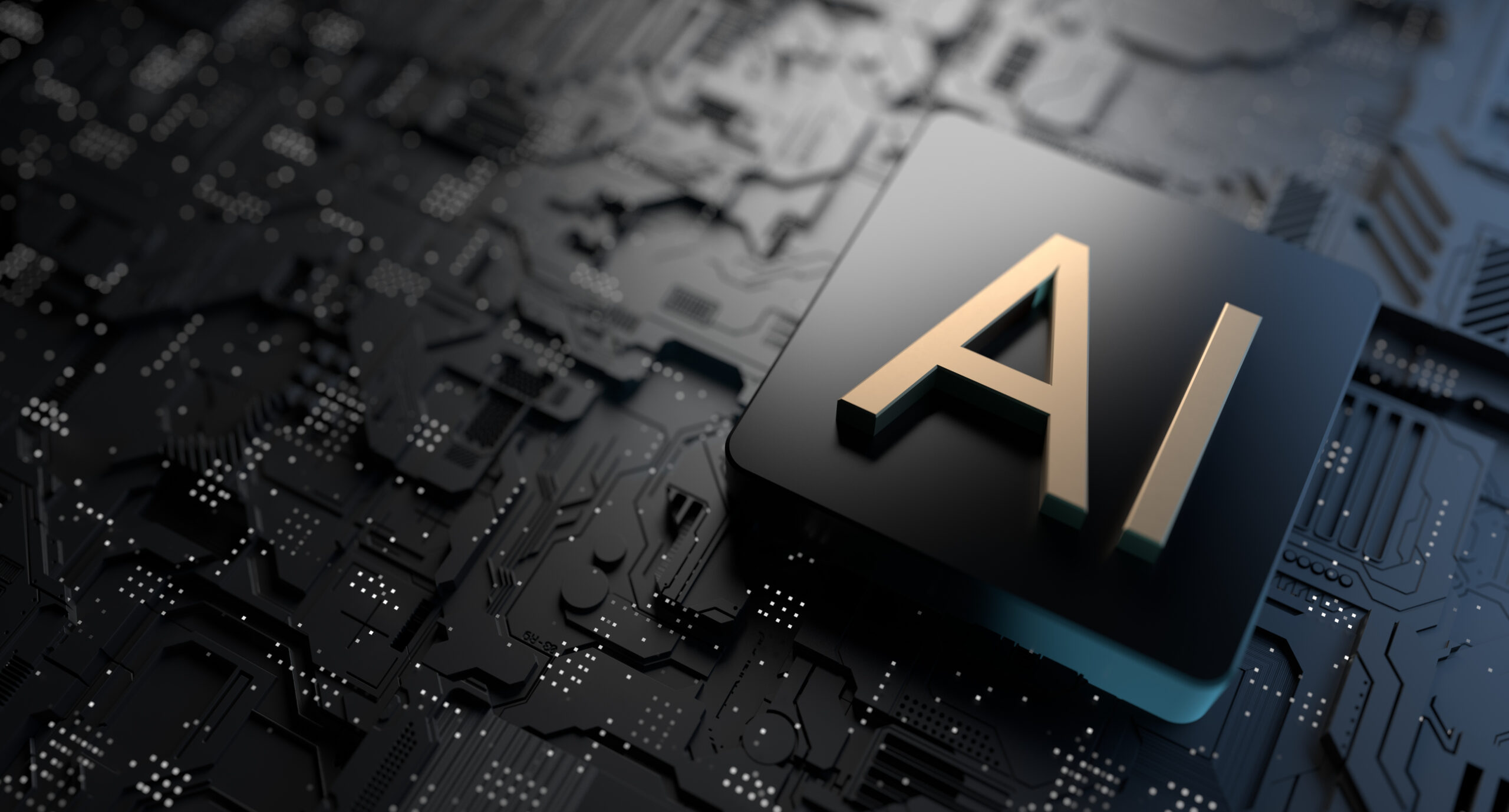
India has approved the IndiaAI Mission with a budget outlay of US$1.25 million (S$1.67 million) to catalyse AI innovation through programmes and partnerships across the public and private sectors.
The government aims to democratise computing access, improve data quality, develop indigenous AI capabilities, attract AI talent, enable industry collaboration and provide startup risk capital to ensure impactful AI projects.
The mission will be implemented under Digital India Corporation (DIC), a not-for-profit company set up by the India’s Ministry of Electronics and Information Technology.
The government will add AI computing infrastructure of 10,000 or more graphics processing units (GPUs), built through public-private partnerships.
“An AI marketplace will be designed to offer AI as a service and pre-trained models to AI innovators. It will act as a one-stop solution for resources critical for AI innovation,” it said.
The IndiaAI Innovation Centre will develop and deploy indigenous large multimodal models (LMMs) and domain-specific foundational models in critical sectors.
These plans funded by the IndiaAI Startup Financing initiative is expected to support and accelerate deep-tech AI startups.
Startups to get access to non-personal datasets for AI
With the IndiaAI Datasets Platform, Indian startups and researchers will get access to non-personal datasets for AI development.
Leveraging problem statements sourced from central ministries, state departments, and other institutions, the IndiaAI Application Development Initiative aims to develop, scale, and promote the adoption of impactful AI solutions.
The government also plans to increase AI courses in undergraduate, masters-level, and PhD programmes through IndiaAI FutureSkills.
Data and AI Labs will be set up across India to impart foundational-level courses.
Recognising the need for adequate guardrails to advance the responsible development, and adoption of AI, the Safe and Trusted AI initiative will enable the implementation of Responsible AI projects including the development of indigenous tools and frameworks, self-assessment checklists for innovators and governance frameworks.
It aims to build domestic capacities and create skilled employment opportunities in the country.























